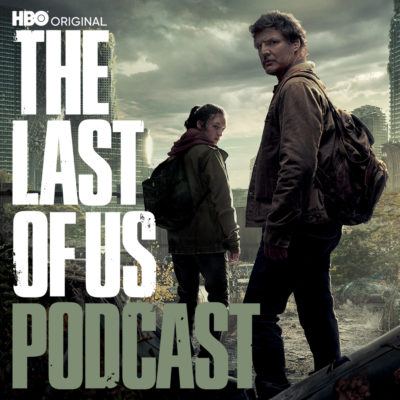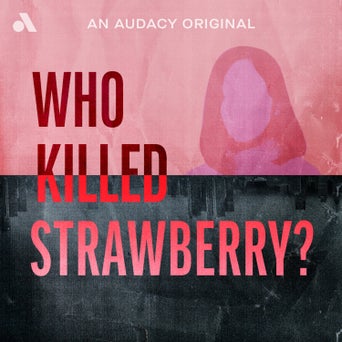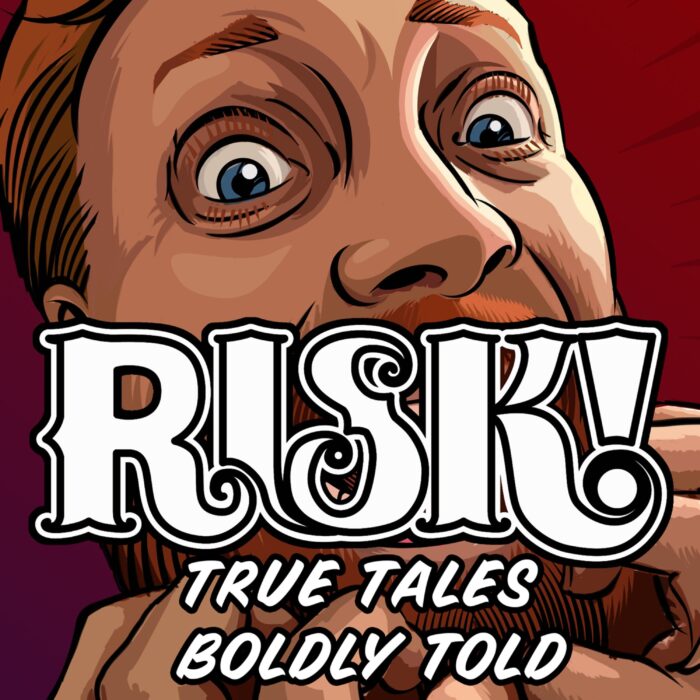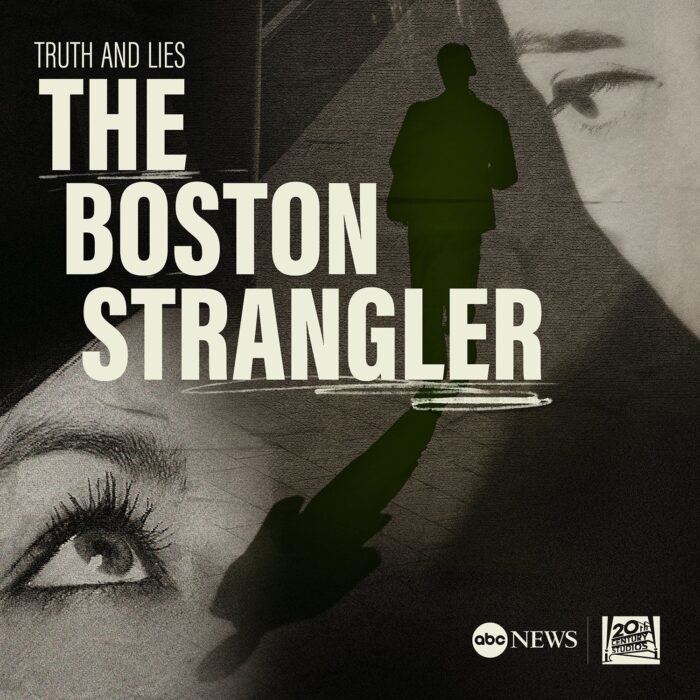We’ve rounded up 9 freakishly good episodes of ‘Freakonomics Radio’
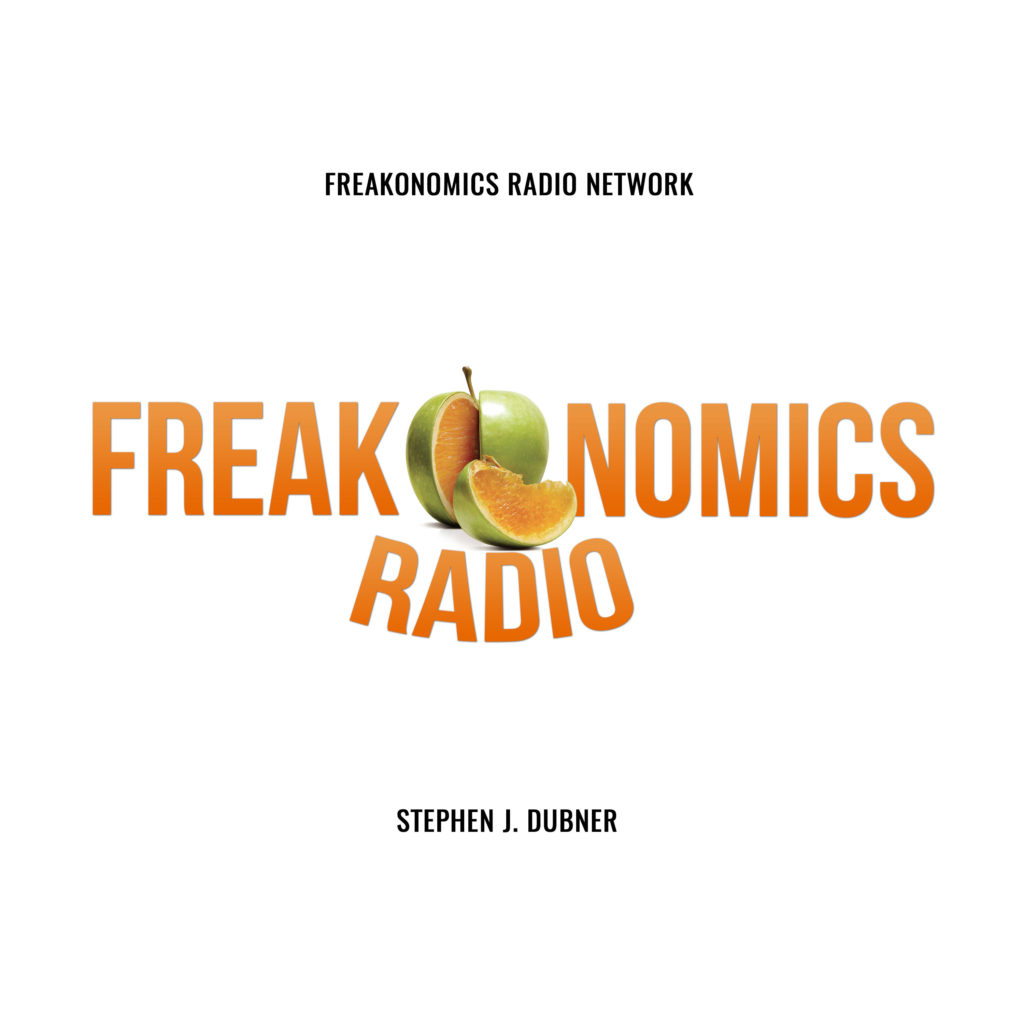
Stitcher’s “Freakonomics Radio” has been a long-running podcast. The wide range of concepts covered can cater to listeners who enjoy topics ranging from science to economics. Journalist and author Stephen J. Dubner profiled Steven D. Levitt for The New York Times Magazine. As a result, this meeting sparked an unanticipated creative partnership.
In 2005, the duo collaborated on Freakonomics: A Rogue Economist Explores the Hidden Side of Everything, a book about, well, everything. For example, chapters include questions about whether a pool or a gun is more dangerous. Do sumo wrestlers and teachers have anything in common? While amassing tons of fans, it has also received lots of backlash.
The podcast is hosted by Dubner and based on the concept of the book. Weekly episodes provide insight into things you’re thinking about, ideas you thought you knew about, and you’ll certainly learn new things along your listening journey. For example, recent episodes answered questions. Is the future of farming in the ocean? A psychologist was featured to answer the question, “Can you get anyone to do anything?”
With nearly 600 episodes in its arsenal, we’ve selected some of the most fascinating episodes:
Ep 383: The Zero-Minute Workout
The benefits of exercise are substantial. You can reap the physical and mental benefits and maybe get fit! Lots of people don’t get enough of it. Studies show that loss of physical activity is detrimental to health. With many factors involved, such as lack of time, a sedentary lifestyle, or just pure hatred for working out, would you take a pill if it’d give you the same benefit as exercise? Is it possible for a drug to mimic the body’s effects of exercise?
Ep 367: The Future of Meat
What’s going on with all the newer, plant-based, meat alternative products we’re seeing? It’s Beyond Me(at)! But not Impossible, like the meat-free burger brand. According to this episode, we’re not going to say “beet it” to any of these products anytime soon.
With the high demand for meat products around the world, there are environmental costs to consider, as this episode explores. Around 3% of our greenhouse gas emissions are from livestock and animal product production. Is a meatless diet the sustainable model for future eating habits? We learn that the GDP and meat consumption have a positive correlation.
Ep 424: How to Make Your Own Luck
Maria Konnikova guests on this episode. She has a Ph.D. in psychology and wrote several books including The Biggest Bluff: How I Learned to Pay Attention, Master Myself and Win. Maria is a poker player who applies what she learned in poker to her life. She considers herself to be a very lucky person and bets on things being uncertain. The concept of having an “internal locus” is discussed and how you can control certain factors in life. Maria explains how to differentiate between your internal and external loci. Like when something goes wrong, you’d claim you have no control over it. Whereas when something goes right, you own up to it. So the good things are seen as luck whereas the bad are when you’ve misstepped.
Maria says you can analyze your decision-making process. Maria explains you can realize where you can change your attitude and feel prepared, feel ready to bounce back after defeat, and this practice enhances your luck.
Ep. 435: Why Are Cities (Still) So Expensive?
The costliness of living in cities can be tracked to the 1970s. To quote Jimmy McMillan, “The rent is too damn high!” San Francisco and New York City are some of the most expensive places to live in the country according to analysis. Rise in demand spikes prices for housing, but this demand isn’t the sole factor. The history of economics in cities is complex. There are so many elements involved as to what allows for and constitutes affordable housing. Is it possible for cities to reach their peak? This episode discusses wage premiums, city budgeting and planning, technology, and resources.
Ep 300: Why Don’t We All Speak the Same Language?
With over 7,000 languages in the world, nearly everyone uses language to communicate. But why can’t we all speak the same one? This episode kicks off revisiting the Tower of Babel story from the Bible that explains the origin of different languages. A panel of guests describe the possible theories of why the world lacks a uniform tongue.
Ep 52: Weird Recycling
Someone’s trash is definitely another’s treasure. Dubner explains his experience with recycling when growing up on his family’s farm. Every object found a second life out of necessity. There are so many innovative ways to repurpose, and many companies have included recycling in the way they run their businesses. This episode includes practices like exporting chicken feet, or paws, to Asia as delicacies.
With over 2 million tons of medical waste thrown away by hospitals, a lot of that poundage contains equipment. We learn about a hospital in Ohio that sends its outdated equipment to countries in need. The topics of nuclear energy and waste are also discussed.
Ep 3: What Would the World Look Like If Economists Were in Charge?
This episode explores how differently the world would look if economists called the shots. It’s one of the first episodes of this series. The former Estonian prime minister Mart Laar, economists Steve Levitt and Russ Roberts, and one of Milton Friedman’s grandsons discuss what they would implement and the conversation centers on how the world would drastically change if economists were in charge. The economists say they’d take a totally different approach to the Federal Reserve. Russ would effect change right away, such as removing The Department of Commerce. To what extent should the government play in the Department of Education? How can we tariff? How should we deal with minimum wage laws? These questions are all explored in this episode.
Ep 127: Can You Be Too Smart for Your Own Good? And Other FREAK-quently Asked Questions
This episode is pretty diverse and under 30 minutes in length. Levitt and Dubner answer a slew of listener submissions. They received frequently asked questions about circadian rhythms and how these cycles impact our lives. Is there a link to sleepless nights and cancer? How much does fatigue hurt us? Other listener questions address the economic impact that would happen if an affordable, accessible cure for cancer was created. They also answered the question about smartness and they reflected on themselves.
Ep 92: Fear Thy Nature
Does the play “Sleep No More” have anything in common with a prison experiment? We’ll hear about this and more in episode 92. Human nature and situations are discussed. The host and guests explore how internal and external factors impact action. In both the stage play and the Stanford Prison Experiment, people are playing roles. The behavior of the participants is influenced by what’s around them – and their peers, too.
